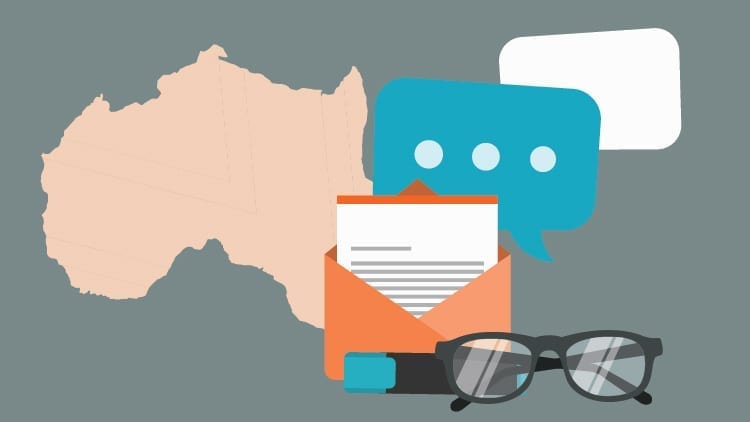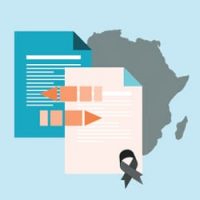Shona Language Facts

It is sad how little we know about a lot of tribes and communities of the world. Some might say that they don’t have the time to learn everything about the world and its people and they would be right because no one can do that in one lifetime. But that doesn’t mean we shouldn’t try at all. We can get to know the people of the world a little better. All of us already know a bit about the famous nations. We watch movies and TV shows which teach us about the people of the UK and the US. If you watch movies made in other countries, you will get to learn something about their cultures.
Media is a very powerful tool for educating people. But unfortunately, it often focuses on the first world countries. If we only had media to teach us, most of us wouldn’t even know that there is a continent named Africa. Just because a nation is poor or struggling doesn’t mean we cannot study about them or get to know them better. In fact, the culture practiced in remote areas is far more fascinating and definitely worth studying. But unfortunately, people without resources don’t have any way of getting access to that information.

Shona People and Their Language:
The Shona people form a vast majority of Zimbabwe. They are a Bantu ethnic group and are divided into five clans. There are also adjacent groups which are very similar to the Shona people in culture and language. The group is native to Southern Africa and can be found in all the neighboring countries of Zimbabwe. They have a very rich culture. If you have heard about Zimbabwe’s stone sculptures then you must know that the Shona people are to be credited for that. Their ancestors built stone cities thousands of years ago and passed down their talent to their future generations.
Shona Language Facts:

Studying the Shona language is not easy for people outside of Africa. But it is not difficult to learn about the language and the people who speak it. The fascinating culture of the Shona people is worth studying. And if you are ever in Zimbabwe, you can get to hear the whistling sound in person and get to witness this interesting feature.




